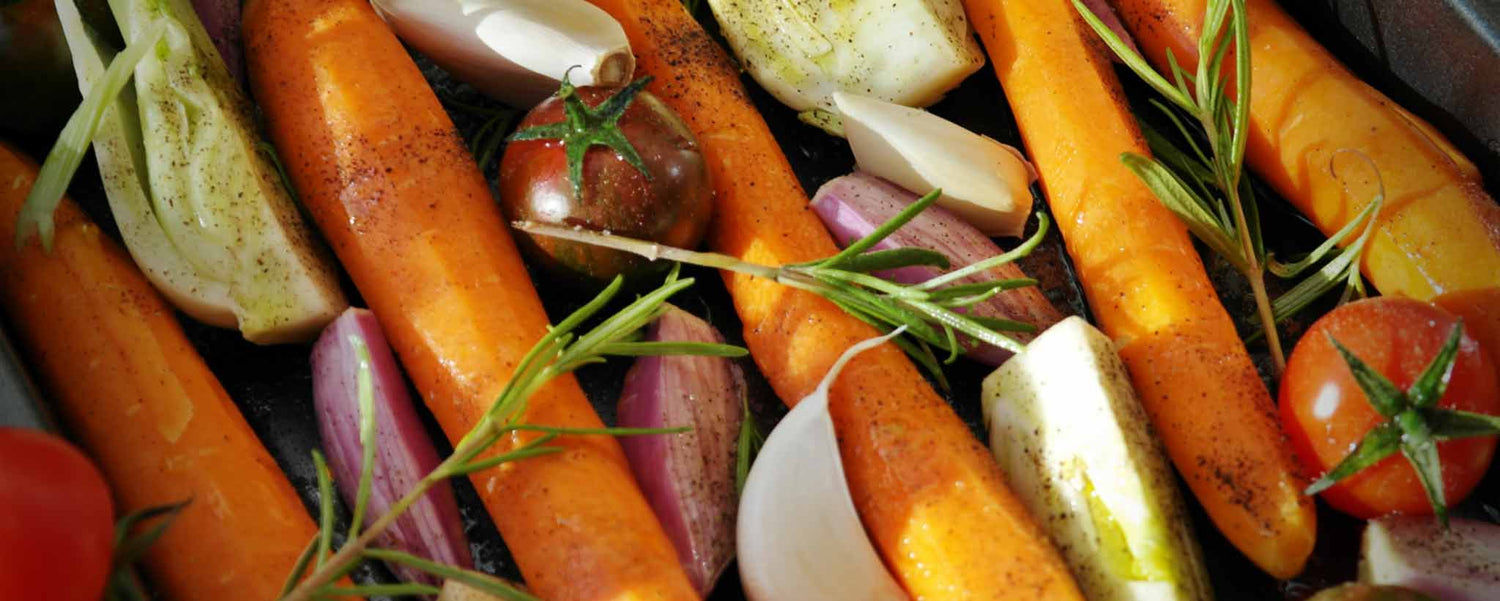While sheltering in place, we might not get enough food variety for the nutrients we need. These vitamin supplements may be necessary.
Lockdown Nutrition
Shelter-in-place is a recent but common phrase. Think how long the word “homebound” has described so many of the elderly. Some lockdown by choice, others by law. Either way, it poses challenges. Young or old, we need nutrition—if not from the foods we eat, supplements are necessary.
Our skin, mind, muscles, heart, and lungs need exercise. The sun nourishes us with vitamins. We miss out on this when we remain indoors for months at a time. A group of 13 vitamins are essential to life. Such nutrition is readily available within natural foods. Other processed foods like cereals and beverages are fortified.
While shut in, we might not get enough food variety for the vitamins we need. In that case, a multivitamin may be necessary. Otherwise, we can choose specific vitamins that correspond to the foods we are lacking.
Say Your ABC’s
- Vitamin A
- Vitamin B1 (thiamine)
- Vitamin B2 (riboflavin)
- Vitamin B3 (niacin)
- Vitamin B5 (pantothenic acid)
- Vitamin B6 (pyridoxine)
- Vitamin B7 (biotin)
- Vitamin B12
- Vitamin C (ascorbic acid)
- Vitamin D
- Vitamin E
- Vitamin K
- Folate

Before you storm the vitamin aisle and fill your basket with them, understand that nutrients within natural foods trump supplements. Taking B6 supplements for a long time can be harmful, as the National Institute of Health (NIH) website explains:
“People almost never get too much vitamin B6 from food. But taking high levels of vitamin B6 from supplements for a year or longer can cause severe nerve damage, leading people to lose control of their bodily movements.”
Without enough vitamin D, bones soften and break more easily, and people may have weakness and deep-muscle pain that does not respond well to opiates. People who are able to go outdoors are not generally at risk of a vitamin D deficiency. Fortified milk has vitamin D but many people are lactose intolerant.
The key to remaining healthy is to consume a variety of nutritious foods. Dark leafy vegetables, dark fruits, and egg yolks are popular sources of vitamin A. Avocado, eggs, and fish contain B vitamins. Plan meals and shop accordingly. Citrus fruits, cabbage, and tomatoes are good sources of vitamin C.
During your regular doctor visit, explain any symptoms you are experiencing. A blood test can reveal which vitamin levels are low. The doctor may then prescribe a supplement for you.





